Table of Contents
Rule 170 of Drugs & Cosmetics Act (1940)
Context: The Supreme Court while hearing a case against Patanjali Ayurved has raised questions regarding AYUSH ministry’s notification asking state licensing authorities “not to take any action under” Rule 170 of the Drugs and Cosmetics Act.
What is Rule 170 ?
- It was introduced in 2018, to prevent misleading advertisements of AYUSH products.
- Features:
- It prohibits AYUSH drug manufacturers from advertising their products without approval and allotment of a unique identification number from the state licensing authority.
- Necessary details for licence:
- Textual references and rationale for the medicine from authoritative books.
- Indication for use,
- Evidence of safety, effectiveness, and quality of drugs.
- The rule states that the application will be rejected;
- If the manufacturer does not provide their contact details
- If the contents of the advertisement are obscene or vulgar
- He makes misleading or exaggerated claims about the drug
About Drugs & Cosmetics Act (1940)
- It regulates the import, manufacture, distribution, and sale of drugs and cosmetics in India.
- Aim:
- Prevent the production of substandard or counterfeit drugs and cosmetics
- Ensure that only qualified people sell, distribute, and manufacture drugs and cosmetics
- Hold pharmaceutical companies and medical technology companies liable for substandard services and negligence
- Prevent adulteration in medicines.
| The Ayurvedic, Siddha and Unani Drugs Technical Advisory Board (ASUDTAB) |
|
Q-Commerce
Context: According to Global brokerages estimate, India’s quick commerce market will be worth $6 billion by 2025.
What is Quick- Commerce ?
- It is a unique business model where the delivery of goods and services is done within 10-30 minutes of ordering.
- g. Blinkit, Zepto, Swiggy Instamart etc.
- Components of Q-Commerce:
- Technology: Uses AI and machine learning for predicting demand, real-time inventory tracking, and route optimization for fast deliveries.
- Logistics: Requires Dark stores and a network of couriers for speedy delivery.
- Supply Chain Management: Needs reliable suppliers, efficient inventory restocking, and smooth coordination to prevent delays.
- Customer Interface: User-friendly apps and websites which allows customers to place orders quickly and track their deliveries in real-time.
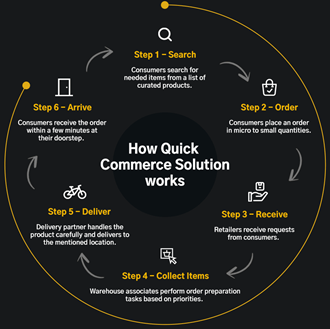
| Related Terms |
|
Deception Detection Tests
Context: Recently Central Bureau of Investigation (CBI) conducted a second round of polygraph tests on seven people, in connection with the rape and murder of a resident doctor at the R.G. Kar Medical College and Hospital in Kolkata.
About Deception Detection Tests (DDT)
- DDTs are scientific methods used to find out if someone is lying during interrogation.
- These tests include narco-analysis, polygraph tests, and brain mapping.
- Polygraph Test:
- In this process physiological responses such as heart rate, blood pressure, breathing, and sweat are measured.
- Sensors are attached to the body to monitor these responses while the person answers questions.
- Changes in these responses are used to determine if the person is lying.
- Narco Analysis Test:
- It is a diagnostic technique that involves injecting Sodium pentothal (also referred as truth serum) into an accused person to induce a hypnotic state.
- Brain Mapping Test:
- Electrodes are attached to the scalp using a cap.
- Then the suspect is shown images or played sounds.
- The sensors track electrical activity in the brain and detect specific waves that appear only if the suspect has a connection to the stimuli.
- Polygraph Test:
| Legality of DDTs in India |
|
Rulings of SC on Various sections of PMLA & CrPC
Context: The Supreme Court in its recent decisions has highlighted the rights of people regarding arrest and bail, particularly in money laundering cases.
Recent Rulings of Supreme Court
| Various Sections | Rulings of Supreme Court |
Section-19 of PMLA
|
|
Section-50 of PMLA:
|
|
Section-45 of PMLA:
|
|
Section 436A of Code of Criminal Procedure (CrPC) 1973
|
|

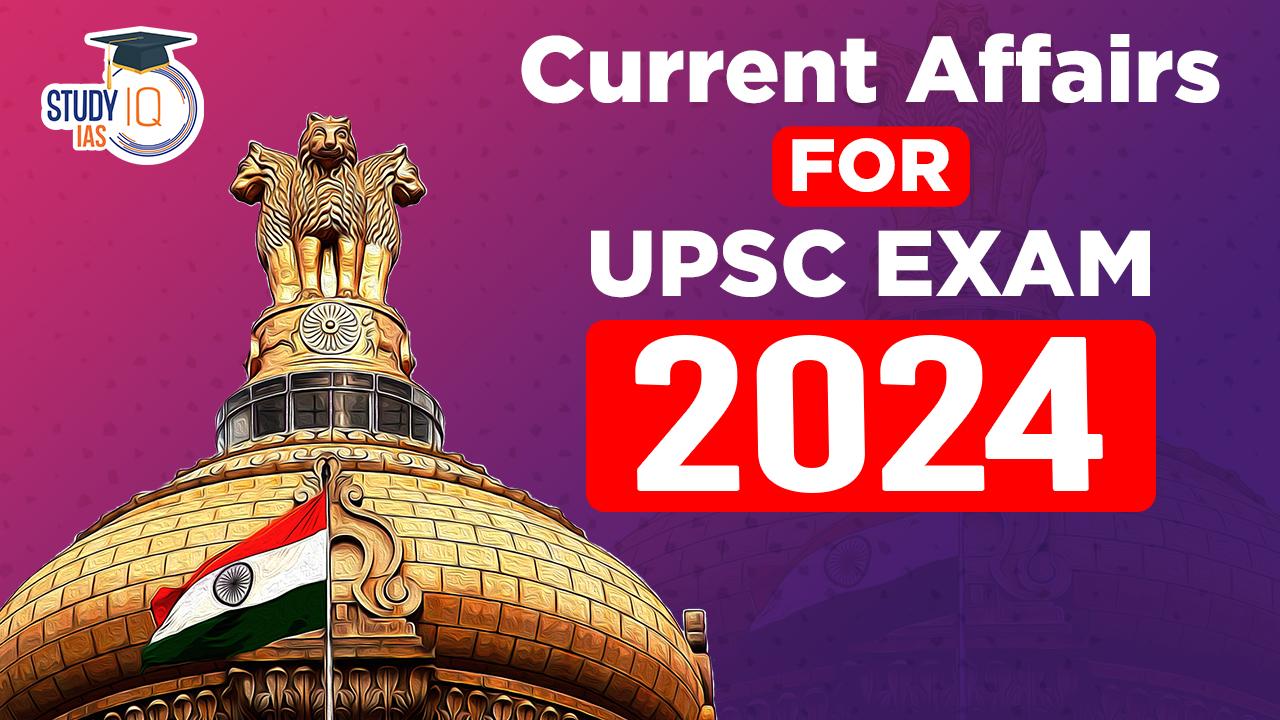
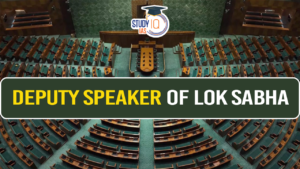 Deputy Speaker of Lok Sabha, Constitutio...
Deputy Speaker of Lok Sabha, Constitutio...
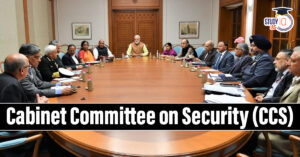 Cabinet Committee on Security (CCS): Com...
Cabinet Committee on Security (CCS): Com...
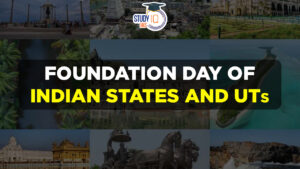 Foundation Day of Indian States and UTs,...
Foundation Day of Indian States and UTs,...





















